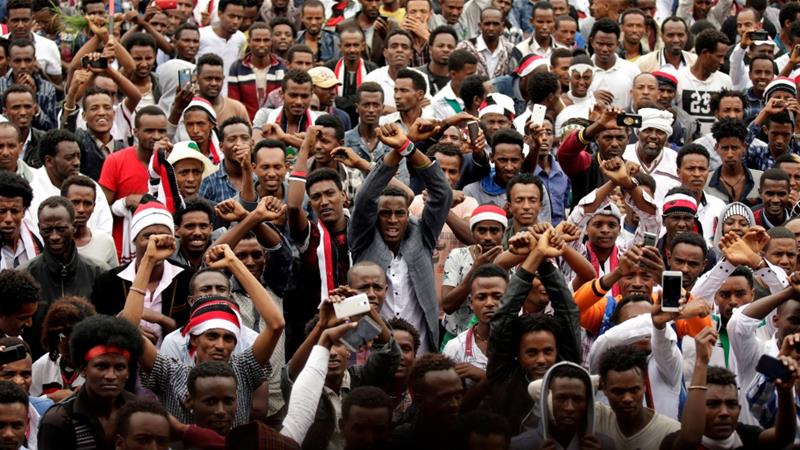The African Freedom of Expression Exchange (AFEX), calls on the authorities in Ethiopia to serve justice by pursuing the gruesome murder of a journalist covering the Tigray conflict in Ethiopia to its logical conclusion.
We also demand that the authorities call to order security forces who have attacked, arrested and detained other journalists doing their work of public information about the conflict in Ethiopia.
In the last three months, the security forces in Ethiopia have killed one journalist, arrested and detained at least 4 journalists covering the conflict in the Tigray States while one female journalist was threatened with death.
On January 19, 2021, Dawit Kebede Araya, a journalist working with the state-owned media, Tigray TV, was killed with gunshots while returning home in Mekelle, the capital town of Tigray state, Araya’s friend Bereket Berhe, who was with him in the car alongside two others, was also killed in the attack. The whereabouts of two other people in the car with the slain journalist and his friend are still not known. It has not been established why the journalist was killed.
However, there were a series of incidents suggesting that he may have been targeted by the security forces because of his coverage of the conflict in the Tigray State.
On January 18, a day before Dawit met his untimely death, he was supposed to report to a local police station upon summoning by the security forces. Two days before the summons, he was questioned about his media house’s coverage of the Tigray conflict. The Ethiopian Human Rights Council alleged in a statement that Dawit and his friend were killed by unidentified government security forces for violating the region’s curfew.
Also, the authorities shut down Tigray TV for several weeks towards the end the year 2020 in connection with their coverage of the outbreak of the conflict in November 2020.
Still, in connection with the Tigray conflict, security officers attacked Lucy Kasa of Tigray TV and threatened her with death. The security forces raided her residence, rummaged her room for two hours, and interrogated her about her coverage of the conflict and her presumed connections with the Tigray People’s Liberation Front, a political party involved in the conflict. Lucy feels that her life is in danger.
Earlier on February 27, Fitsum Berhane and Alula Akalu, working with the France-based Agence France Presse (AFP) as translators, were arrested and detained by the military.
Tamrat Yemane, who works with the Financial Times as a local reporter and fixer, was also arrested by the military forces in the Tigray Region on the same date of February 27.
Berhane, Akalu, Yemane, and Gebru were arrested by the military forces. But AFP quotes Mulu Nega, the head of the Tigray State’s interim administration, as saying that Fitsum and Akalu were “under investigation.”
On March 1, Girmay Gebru, a reporter working with BBC’s Tigrinya-language service was arrested, in Mekelle, the capital city of Tigray state.
Meanwhile, the authorities are yet to respond to calls for investigations and justice for the murder of journalist Dawit Kebede Araya, and the raid on the residence of Lucy Kasa.
On March 3, the arrested translators and journalists were released without charges. But access for media to the Tigray region, security, and safety of journalists working in the state and covering the conflict remains challenging.
Although the Ethiopian government, on February 24, granted access to the conflict region to seven international media, this authorization seems to be a facade.
Since the eruption of the violent conflict in the Tigray region, the security forces have attempted to control access to information and media publication in the region.
Besides, the ruling political party involved in the conflicts is also trying to interfere with the media independently reporting on the conflict.
On February 26, a ruling party official, Habtay Gebreegziabher, was reported rebuking the media for wrongfully covering the Tigray conflict.
While AFEX welcomes the release of the translators and journalists, we call on the authorities to conduct investigation into the murder of the journalist Araya and bring the perpetrators to book. We also demand that the authorities ensure and guarantee the safety and protection of journalists doing their work of public information around the Tigray conflict and across the country.




